"The organic fruit market's supply and demand are well balanced. There's a little shortage. That's good," begins Robert Elshof of the Dutch company Elshof Organic Fruit - which grows and markets organic top fruit - interpreting the market in mid-January. "The harvest was considerably smaller than in other years, with Europe-wide organic top fruit harvests being one of the smallest in the last decade. That makes for good prices."
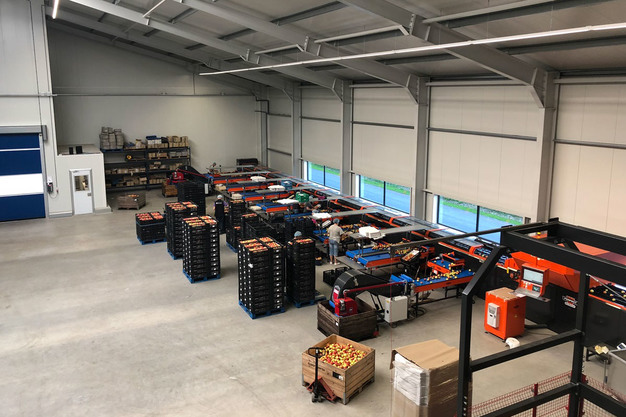
Along with sales to Dutch supermarkets and a little free trade, Elshof Organic Fruit exports for fixed programs. For most destinations besides Scandinavia, Robert sees slightly more demand for organic apples and pears. "In Scandinavia, organic top fruit has had a high market share for years, which is now stabilizing," he says.
Inhouse know-how
The United Kingdom is one of those export destinations, and according to Robert, Brexit has complicated exporting to that country, mainly because of the additional administrative burden. "That being the case, we keep doing so because we have the in-house know-how."
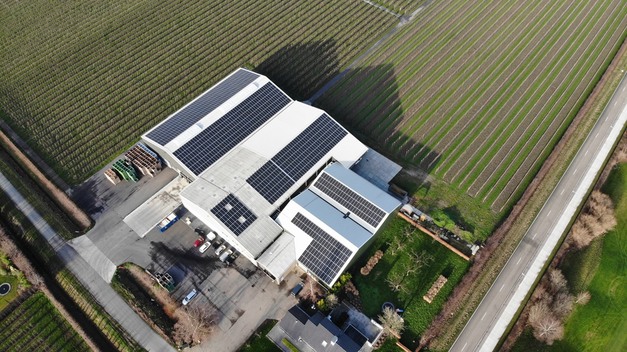
There is potential for organic top fruit sales in the Netherlands, but that is only just getting started. "It's time to begin professionalizing both sales and cultivation. These are niche products, but they must be of a certain size to be of value in the chain," says Robert.
Standing out with sustainability
Most organic pears grown in the Netherlands are exported to a growing European market. But Elshof undoubtedly sees opportunities for organic apples on the Dutch market, adding that there is still far too little local product on that country’s shelves. He, thus, considers Germany's much larger organic apple share somewhat enviously. "These apples are common at German discounters, too. It would be nice if the Netherlands could achieve the same. It doesn't even have to be very much; if all Dutch supermarkets included a few more local organic apples, there would be a shortage, even in a good harvest year."
Availability
According to Robert, availability is an essential sales aspect. "Very green organic consumers - who deliberately buy from the organic greengrocers - are a stable group. There’s also a growing group of people who occasionally buy organic products. That's where the growth potential lies. The Netherlands still lags somewhat regarding organic market shares. That's often blamed on price-conscious shoppers. I think that's only partly true; it's also a question of availability. Dutch supermarkets still have plenty of room for a larger organic selection. Carrying organic products sets things in motion. Some supermarkets still don't have these, and then they don't get sold," he explains.
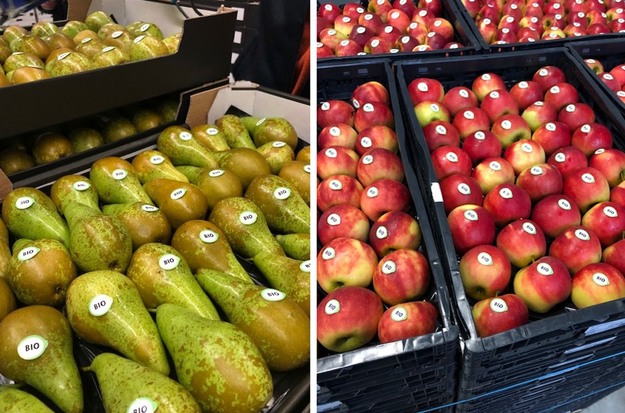
However, whether it be about retail, free trade, or exports, Robert stresses the importance of building solid business relationships. "It's increasingly important for us to work with established partners. That ensures stable pricing and clarity for all parties concerning quality assurance. It does involve some extra work regarding certifications and administration, but it gives a lot of peace of mind and stability in our company's sales. If you know each other well, you know what to expect."
Smaller crop
That is not unimportant in a sector where extremes have become the norm rather than the exception. For example, Robert indicates that several pear growers had smaller harvests due to the late fall, and the fruit spontaneously fell off the tree shortly before harvest. "Some had more than ten tons of fruit fall to the ground. That's pure loss, and good prices cannot compensate for the resulting smaller crop. Growers with reasonable harvests will have an excellent year, though," he reckons.
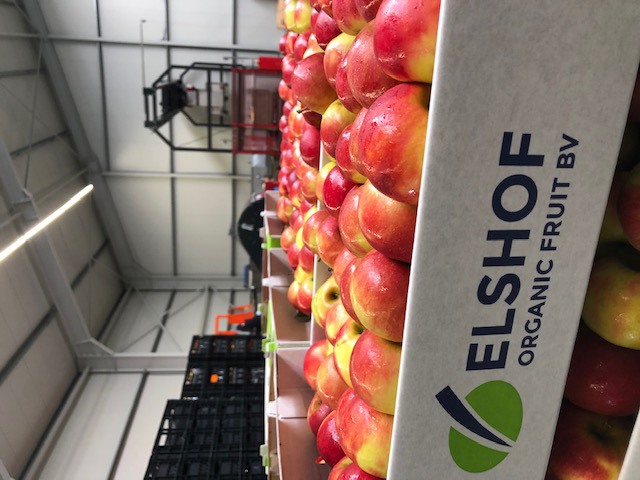
Robert says not only prices - which have been quite stable in recent years - but also crop risks are the biggest challenges facing organic top fruit farming. For instance, besides the past growing season's unexpected late fall, the presence of fungi is a huge risk. The trader notes that with both apples and pears, it is only during harvesting or even at the end of storage that it becomes apparent that black spots or scab infestations have developed on the fruit. That sometimes results in as much as 30-50% being unsellable.
Robust varieties
Though robust and resistant top fruit varieties could offer an outcome, those often have their own limitations, Elshof admits. "The traditional varieties, but grown organically, are in most demand. Elstar and Conference are still immensely popular, so new varieties struggle to gain a market share. It's hard to get consumers to eat unfamiliar apples. Growers will partly have to settle for cultivating what people want to buy because organic apples and pears are expensive to grow." Also, he sees so much organic farming knowledge and experience has been gained that it is now possible to cultivate, say, varieties like Elstar organically.
Beneficial
Robert notes that weather extremes could benefit Dutch organic top fruit farming. "The Netherlands' maritime climate puts it in a highly favorable position for growing pears. The country's good climate and access to water means the Netherlands leads the way in Europe. That's been an asset in the conventional top fruit market for years and is now shifting to the organic market," he concludes.
Robert Elshof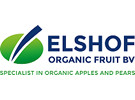 Elshof Organic Fruit
Elshof Organic Fruit
8251 RX Dronten
+31 (0)321 312719
info@elshoffruit.nl
www.elshoforganicfruit.com
